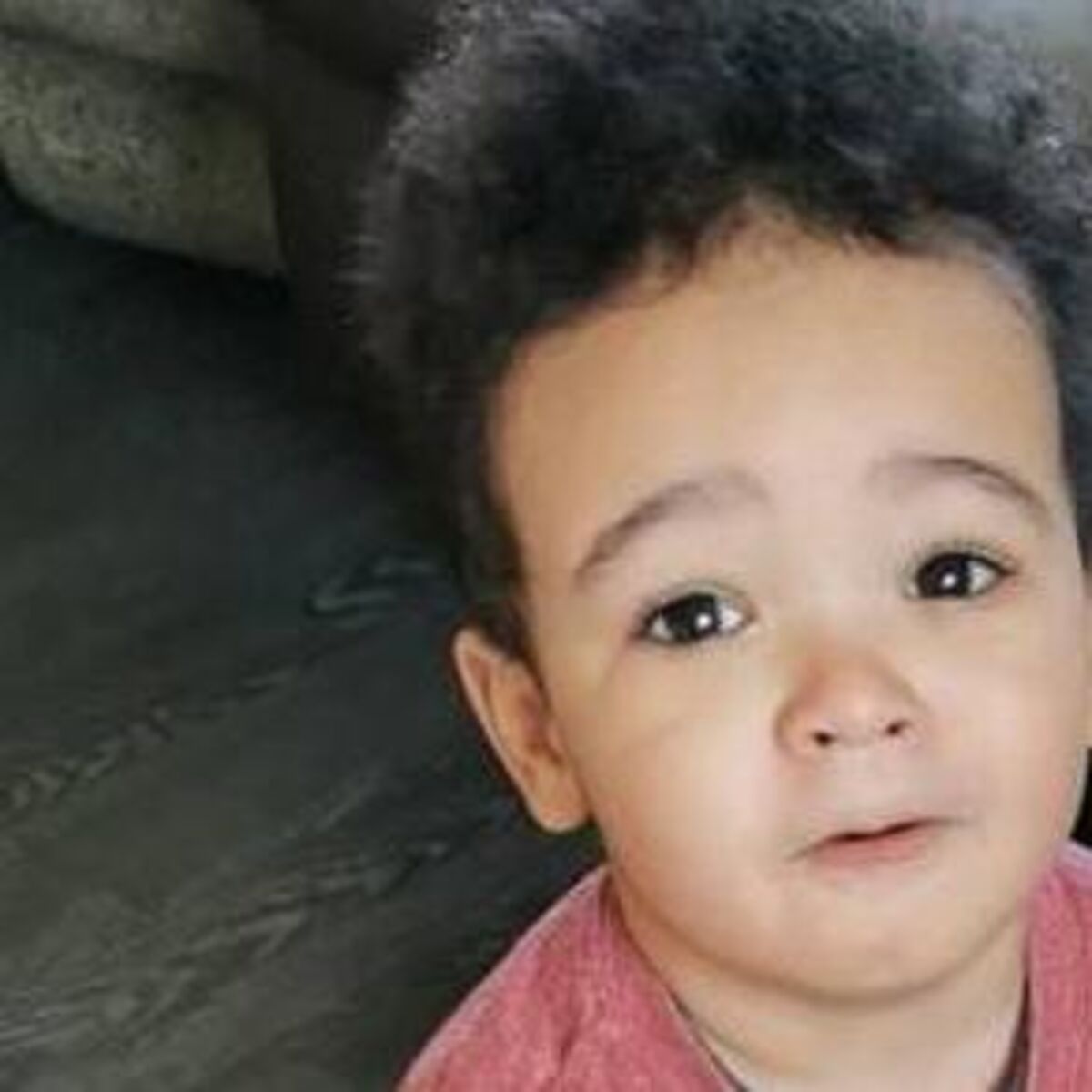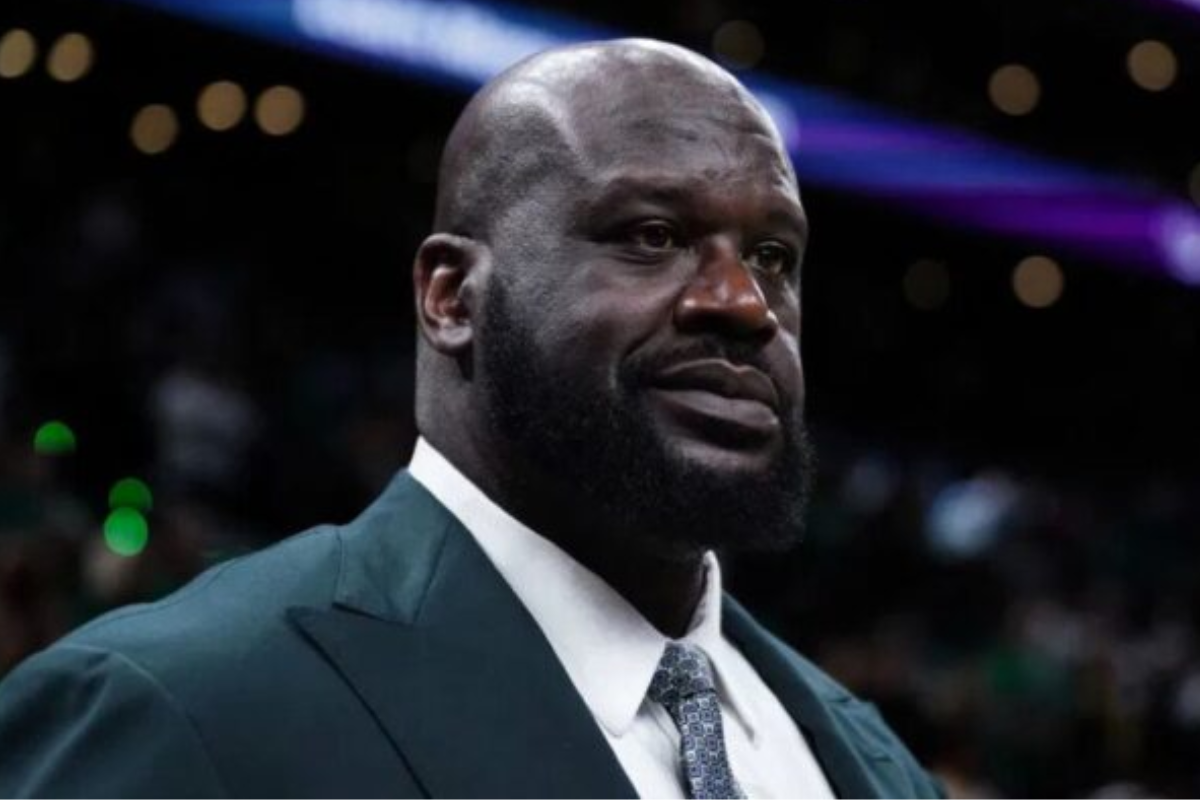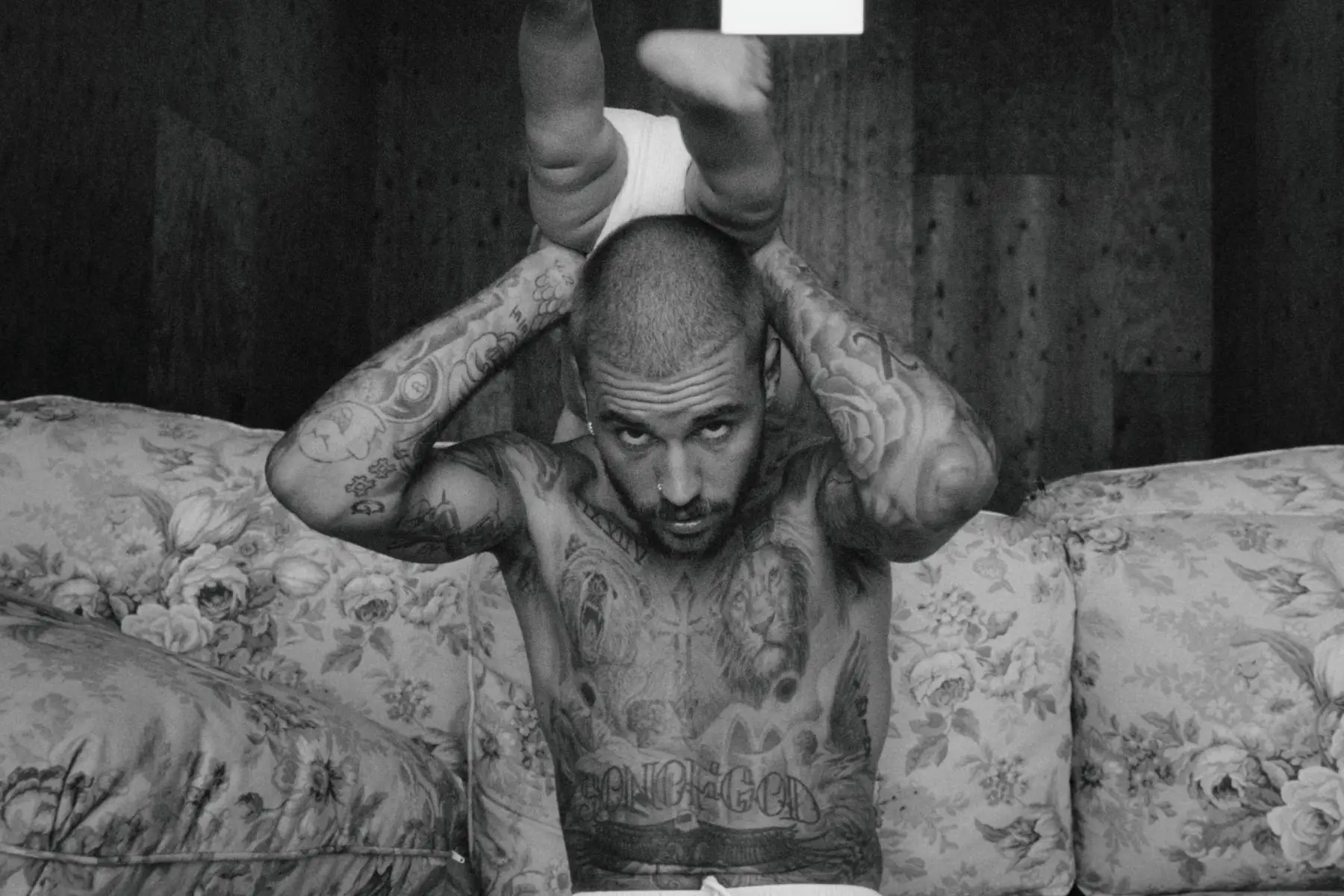By Irishexaminer.com,Suzanne Crowe
Copyright irishexaminer

Like all ‘roundy’ birthdays, it’s a good time to take stock of what the act has brought to child health and wellbeing. Ten years is an important milestone, which finds itself cast in gloom with the finding of the remains of Daniel Aruebose and the disappearance of Kyran Durnin.
The Children First Act 2015 was enacted to enhance the protection and welfare of children. It established legal obligations for professionals and organisations working with children, aiming to significantly strengthen children’s rights in Ireland, and create a safer environment for them.
The act has brought many positives, with greater awareness of child protection, designated persons for safeguarding, and reporting mechanisms within all public bodies. The act also draws a clear line of accountability from services caring for children to the relevant ministers and Government departments.
The act has also impacted the protection of children in sports clubs and community groups, with coaches and parents embracing the statutory obligations. My son was in a swim team at the time the act was enacted, and immediately the club moved to insist on a parent being present poolside for every training session.
Garda vetting entered the realm of expected and normal procedure for any activity involving children.
But just as birthday candles for the act are lit, the tragic fate of Daniel Aruebose demonstrates serious issues in child protection and the equitable application of the law. And sadly, these deficits are not new.
Four months ago, the inquest of another Daniel, Daniel McAnaspie, heard how he had shuttled between 20 different placements in the 15 months before his murder in 2010, aged 17 years. The inquest jury recommended there be an urgent review into the State’s approach to child protection and welfare.
Arising from what they learnt about a child’s brief life in chaos and State care, 12 ordinary people on a jury called for better care. In the intervening 15 years between Daniel’s murder and his inquest, it seems there has been little acknowledgement and action on the changes needed by the services involved.
While the statutory framework has driven many improvements in the voluntary sector, the ‘child first’ approach is still not permeating the delivery of many State services. It is a nonsense to assert that child safeguarding and the best interests of the child are being held as a paramount consideration when there are 8,000 children living in direct provision.
The rights of a child to thrive, play, learn and feel safe are not protected in commercially run, institutional care. There is no benign chaperoning presence on the bench for these children, and there are no swimming classes; instead, they eke out a meagre childhood in a culturally insensitive, family unfriendly environment.
The 5,000 children living in homelessness experience a similar restriction in exercising their rights. As do the 33 children unaccounted for in State care.
Much residential care of young people is increasingly being provided by private, unregulated companies, putting troubled teenagers at further risk. A study published in February 2025 by the Sexual Exploitation Research and Policy Institute described how adolescent girls and boys are at significant risk of sexual exploitation, physical violence and psychological harm by predatory males who target and groom vulnerable young people in care.
Subcontracting their care, to a for-profit model akin to direct provision, is a dereliction of the obligations set out in the Children First Act. Despite almost a decade of research showing harm to children growing up in commercial care, the Children First Act appears to be toothless in ceasing this practice.
Within the act, there is an aspirational statement that encapsulates the duties of service providers to children, “a provider of a relevant service shall ensure, as far as practicable, that each child availing of the service is safe from harm while availing of the service”.
This speaks to the virtuous intent that birthed the act. But ongoing failures in child health and social care suggests these noble words are not being matched with sufficient and just actions.
Like most health and social care professionals, I support the values and principles found in the Children First Act. But as my certificate of completion of training drops into my email, it feels piecemeal. It’s clear the act has not yet reached children on the margins of society.
Daniel, Kyran and all the others who have slipped out of the system deserved better.
Dr Suzanne Crowe is a consultant in paediatric intensive care



